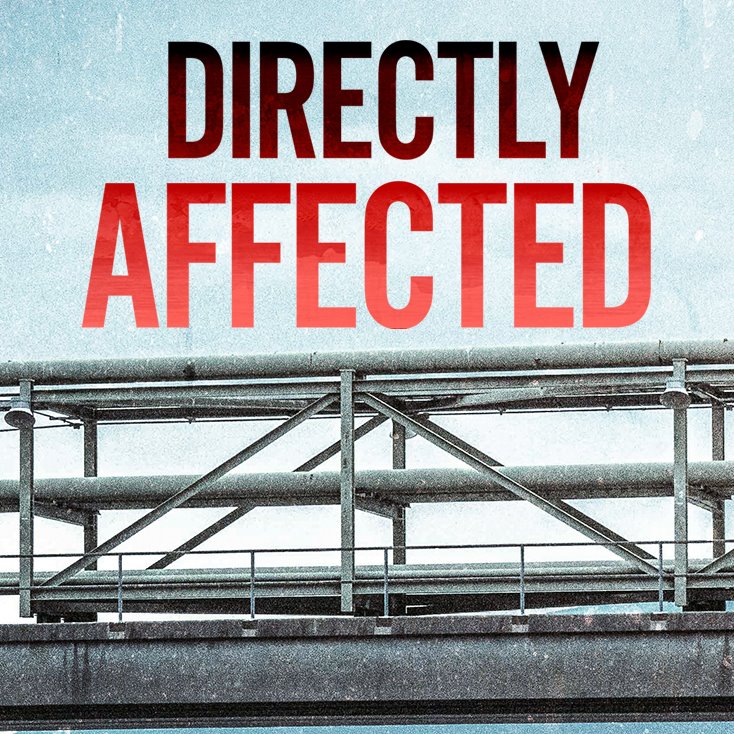By Katie Stobbart (The Cascade) – Email
Print Edition: March 18, 2015

What does it mean to be directly affected?
It’s a question at the centre of a short film project, Directly Affected, which was shown in B101 on March 11 at UFV’s Abbotsford campus. About 100 people from UFV and the community at large attended.
“Pipelines are nation-building, but not in the way Northern Gateway and Kinder Morgan want them to be,” said Misty MacDuffee, a biologist who appears in the film and sat on the panel.
Though the screenings began in Vancouver, Directly Affected begins closer to home with interviews of Abbotsford and Chilliwack residents. The 30-minute film also briefly traces the history of the Trans Mountain pipeline in Burnaby in the 1950s.
It began as a co-op project whose main appeal was providing jobs and resources to local communities, which doesn’t sound so different from the words we hear in relation to pipeline expansion today. However, the focus has shifted from providing oil to local refineries (now closed) to international export.
The idea for the film was a response to the National Energy Board (NEB)’s review process, which requires anyone weighing in during the public hearing phase to explain how they are “directly affected” by a project, like the pipeline expansion.
However, many opponents to expansion argue that everyone is directly affected; that it’s not only human residents of BC who are at risk; and that the NEB’s process is undemocratic.
In the film, MacDuffee explains that orcas on the BC coast are threatened just by the presence of oil tankers, even if there’s no spill.
Nor does the threat of a spill affect only remote areas. According to Lynn Perrin — the director of Pipe-Up Network, which co-hosted the screening — the pipeline goes through 23 school playgrounds as well as over two aquifers. The aquifers are direct sources of well-water for local farms.
UFV physics professor Tim Cooper was also a panelist. First linking the oil industry to climate change, he said climate change is about food.
“We can stay indoors and put on air-conditioning,” he said, “but our crops cannot.”
Lisa Powell, a post-doctoral fellow in the UFV geography department’s Agriburban Research Centre, explained how best practices for agriculture-related decision-making involve not just analysts and scholars, but the people on the ground, tilling the soil.
“Much of what farmers know cannot be learned simply by looking at maps or even by doing a simple survey of the land,” Powell explained. “Farmers have to be part of the decision-making process and at the table when it comes to things that affect their land.”
UFV elder in residence Eddie Gardner, who welcomed everyone to the screening with a salmon song, was thinking of another essential feature of the Valley: the river.
“The salmon is at the centre of an industrial storm that’s moving over BC,” he said, adding that if we can unite to protect the salmon and the river, “we’ll be doing a great service to future generations.”

